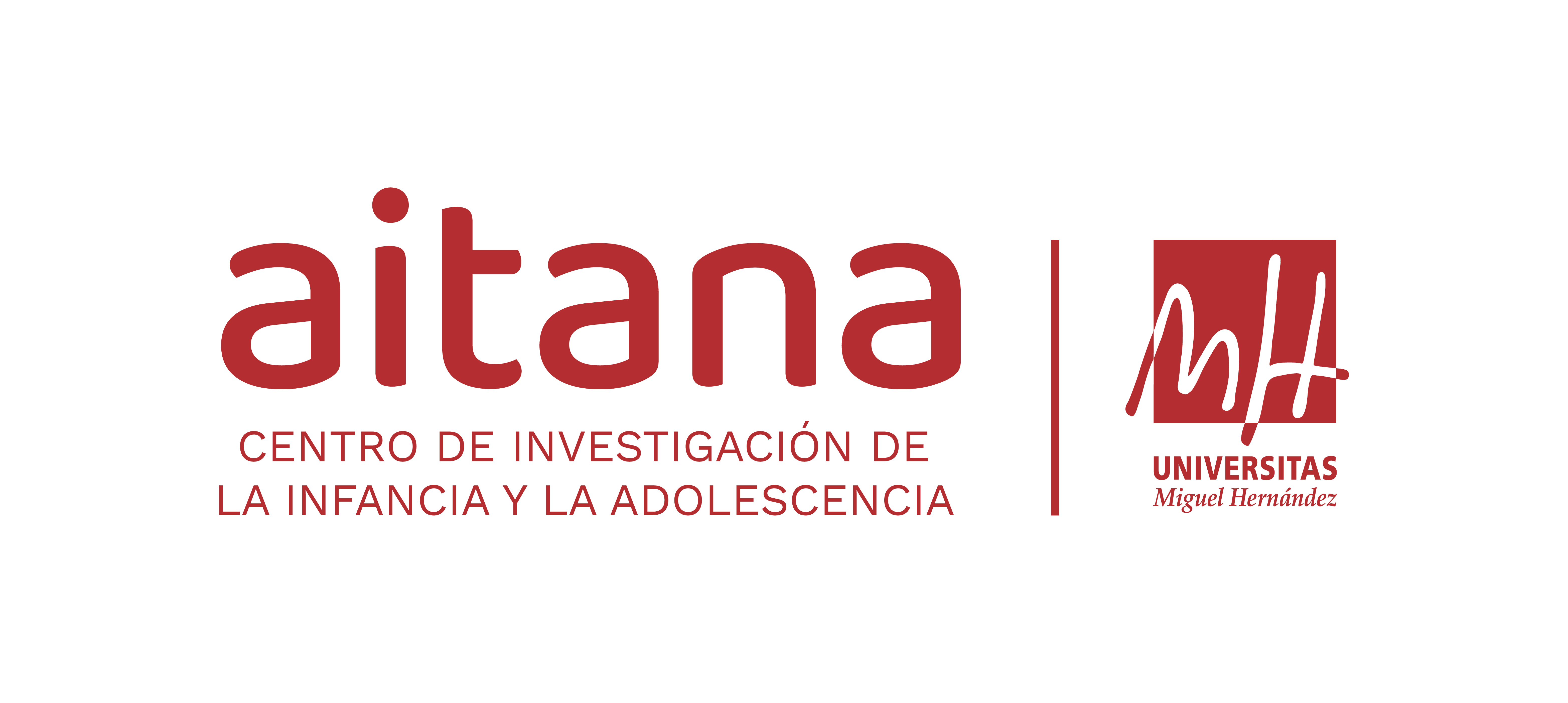Eric Cozodoy, Marta Gomà, Josep Ferrer, Emma Prims, Antònia Llairó & Eulàlia Arias-Pujol
A study by Cozodoy et al., published in the latest issue of the Revista de Psicología Clínica con Niños y Adolescentes, explores paternal mentalization and its impact on early child development using a multimethod approach.
Methodology:
- 34 fathers (mean age = 35.72; SD = 7.57) and their young children (mean age of children = 18.94 months; SD = 1.43) participated.
- The Parental Reflective Functioning Questionnaire (PRFGQ) and Ages & Stages Questionnaire (ASQ-3) were used to assess paternal mentalization and early child development.
- Correlation analysis and structural equation modeling were employed to examine the relationships between paternal mentalization and child development.
Key Findings:
- Paternal mentalization, or the ability of fathers to understand and reflect on their children’s mental states, was positively associated with early emotional and social development in children.
- Fathers with high mentalization capacity tended to have children with better self-regulation skills and lower incidence of behavioral problems.
Conclusions: Paternal mentalization is a crucial factor in early emotional and social development in children. Encouraging fathers’ ability to reflect on their children’s mental states can have a significant positive impact on children’s well-being and development.
The full article can be read here: https://www.revistapcna.com/sites/default/files/2_2380.pdf

